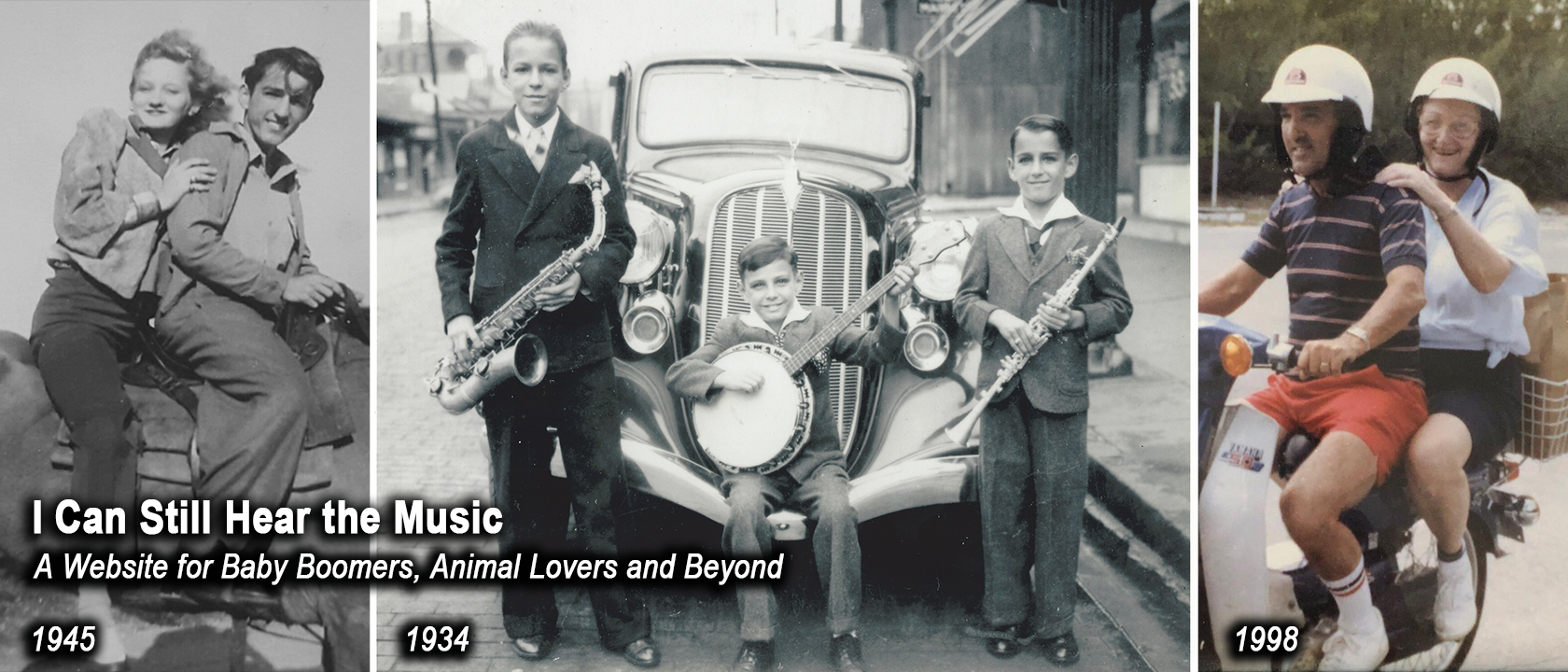by Michael Groetsch
If you are a baby boomer, particularly if you are over the age of 60, you will probably agree that the 1960s and the early 1970s were one of the most chaotic periods in American history. John F. Kennedy was assassinated in Dallas as he rode in an open limousine with his wife Jackie (1964), his brother Robert was killed during a political rally in Los Angeles (1968), and Martin Luther King was murdered at the Lorraine Motel in Memphis (1968). President Lyndon B. Johnson declared on national television that he would not seek re-election because of a divided House and the Vietnam War controversy (1968) and Richard Nixon resigned in disgrace because of his connection to the Watergate scandal (1974).
The famous and social elite also made international news. Hollywood actress Sharon Tate, her unborn child and four houseguests were brutally murdered by Charles Manson and several of his drug-crazed followers (1969). After being kidnapped by members of the Symbionese Liberation Army (the SLA), heiress Patty Hearst joined her captors and was viewed on security video holding an automatic rifle while assisting them in robbing a bank in Los Angeles (1974).
Many of us were passionately involved with the social-political movements that not only changed us morally and spiritually, they defined us as well. We cried as we watched the funerals of Martin, Robert and John. We marched the streets in protest of the Vietnam War that the White House tried to pass off as a “conflict,” staged “sit-ins” on college campuses that lasted for days, and fought passionately for the civil rights and liberties of others. We attended “love-ins” bra-less, shirtless and shoeless while almost all of us inhaled (unlike Bill Clinton). Then there were the radical teachings and eventual incarceration of Dr. Timothy Leary who recklessly promoted the use of LSD to his students and followers while suggesting that they turn-on and drop-out. Some of us attended the legendary rock concert at Woodstock while others chose to live in communes or on the streets of Haight- Ashbury.
The social revolution of the 60s and 70s was a period in history that only baby boomers can actually grasp. I can still recall my son’s comments as we shared a television documentary that focused on the ideologies, dress, lifestyles and hairstyles of our hippie subculture. During a commercial break and while looking confused, he simply asked if we were all crazy. It was only then that I realized that unless you traveled through that moment in time with us, it’s impossible to comprehend a social movement that changed us forever.
